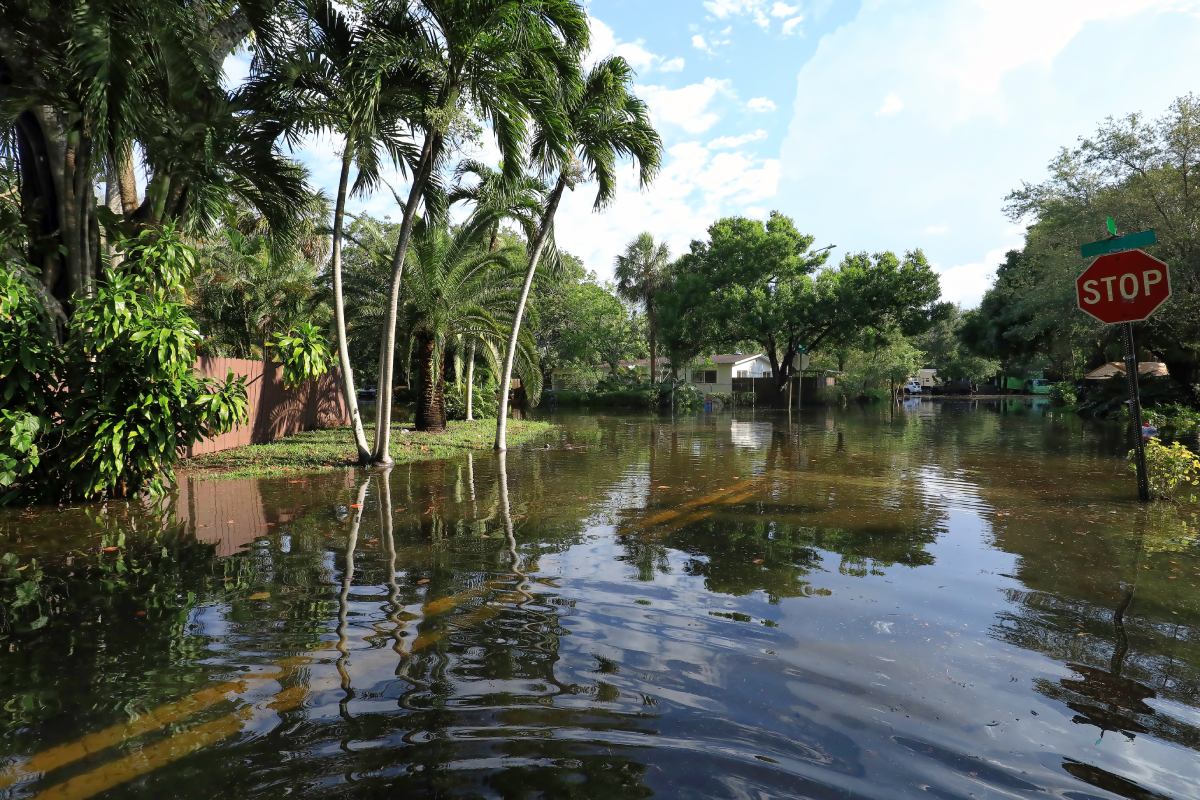The Florida Association of Public Insurance Adjusters’ (FAPIA) winter conference starts today. On its website is a link to a summary judgment motion filed in a lawsuit I noted in Second Public Adjuster Constitutional Solicitation Ban Challenge Filed. In the summary judgment was an amazing statistic that, if true, would certainly indicate that policyholders need professional help when dealing with their insurance claims:
A public adjuster’s involvement also frequently increases the dollar amount of a policyholder’s final settlement. By some accounts, the average settlement rises by as much as 20 to 50 percent. See, Peter C. Beller, In the Wake of Disaster, Help for Hire, New York Times (Feb. 2, 2006); and Brian D. Mockenhaupt, For Public Adjusters, Disaster Means Business, Providence (R.I.) Journal-Bulletin (Jan. 18, 1998). The Florida Legislature’ own program policy analysis office has found that, in claims related to the 2005 hurricanes filed by policyholders of the state-run Citizens Property Insurance Corporation, settlements averaged 747 percent higher …The same legislative report found a smaller but still significant increase – 574 percent — in settlements when public adjusters represented Citizens policyholders in non-catastrophe claims.
I was amazed at the statistics found and published by Citizens. I think it is far overstated and policyholders should not expect that type of percentage increase unless they have a smaller claim. While I may criticize Citizens’ claim handling, there is no way it is that bad and it underpays to that extent that often. If I were a public adjuster, I would advertise this statistic every time I talked with a prospective client.
This lawsuit seems to be moving along quite a bit faster than a similar public adjuster lawsuit in Dade County which I noted in two earlier posts, Florida Public Adjusters File Lawsuit to Overturn 48 Hour Solicitation Ban and Fee Caps, and Public Adjuster Lawsuit Challenging State’s Cap on Fees and Solicitation Ban Survives Venue Change. I expect that the summary judgment will be heard within the next sixty days. Pre-trial hearings are set and the judge seems to be moving this matter along pretty quickly.



